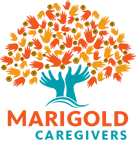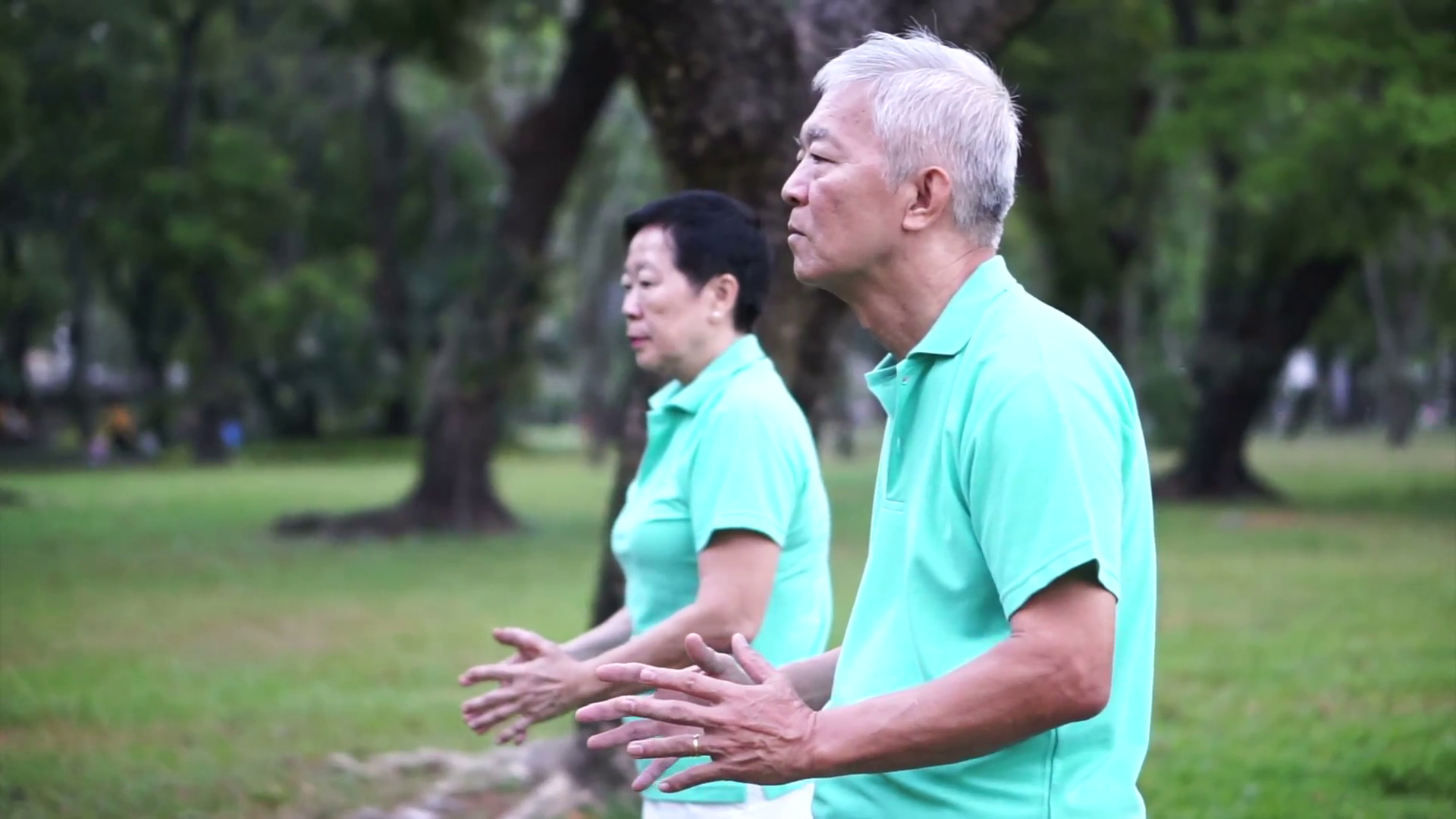Image source: Canstockphoto.com
We often see seniors as frail and fragile, so the thought of active exercise might seem a bit over the top for the senior in your life. BUT — did you know that seniors need exercise just like the rest of us? Being active will help them feel better, have more energy, and help prevent serious health problems, such as cardiac disease and diabetes.
While it may take a little longer for us to heal and bounce back from things as we age, an appropriate level of activity is ALWAYS a good thing, no matter how old we get! If your older adult has physical limitations or health problems, you might be surprised how easy it is to find some exercises that can be done safely. Let’s look at some benefits!
Benefits of Physical Activity
Regular exercise contributes to many health benefits! Here are just a few:
1. Immune System Function.
It’s no secret that regular exercise keeps us healthier all around. The immune system gets a big boost when we are active. Our bodies are made to move, NOT stay sedentary.
2. Improved Respiratory and Heart Health.
Staying active will seriously decrease cardiac problems, as well as pulmonary and respiratory diseases. We need to get our heart rate up a few times a week so that we breathe better and keep our blood flowing. It’s the blood circulation that allows your body to heal itself.
3. Strong Bones.
Osteoporosis is a serious complication that comes with age, especially in women. The more exercise we get, the stronger the bones will be. It’s really that simple. By staying active, seniors will recover MUCH faster if they should fall or become injured. It could literally mean the difference between life and death.
4. Decreased Risk of Chronic Illness.
The risk for chronic health conditions is greatly reduced with regular physical exercise. Even if your senior is already struggling with certain illnesses, you might be shocked at how some forms of exercise can help reduce symptoms, decrease fatigue and help the body fight.
Which Exercises are Safe for Seniors?
It’s not realistic to think that seniors will do the same rigorous routines that younger people do. However, here are the basics of any exercise routine that is safe and effective for seniors.
- Aerobic Exercises.
Getting just 20-30 minutes of aerobic activity is all that is needed. This can be as simple as taking a brisk walk or riding a stationary bike. Swimming is also an excellent option for heart health.
- Strength Building Exercises.
Strength-building exercise simply helps seniors stay stronger, have longer endurance, and builds muscle tissue. It is done by repetition movements that may or may not involve using weights. Resistance bands are a great example of what is safe for seniors.
Movements such as sit-ups or leg-raises are typical in this type of exercise. Strength and resistance exercise helps strengthen bone density and balance, which is so vitally important for all seniors!
- Stretching and Flexibility Exercises.
Stretching is an important part of any exercise routine! It allows the body to warm up in the beginning and cool off at the end, which prevents injury and fatigue. Stretching also helps prevent being sore afterward. Routines that include Pilates or Yoga are splendid examples of stretching exercise.
Finally, always discuss any exercise routine with the senior’s doctor before making any changes or beginning a regimen. The physician will help guide you on what is safe and effective for your senior loved one.
The bottom line is that we all stay healthier longer and live our best lives when we are physically active!
Read more on eldercare:
Helping Seniors With Alzheimer’s Disease Eat Well
Outdoor Activities Seniors and Caregivers can Enjoy
Marigold Caregivers offers professional live-in and hourly caregivers for the elderly. Give us a call at +65 9109 1965 for more information.
Disclaimer: The words and other content provided in this blog, and in any linked materials, are not intended and should not be construed as medical advice. If the reader or any other person has a medical concern, he or she should consult with an appropriately-licensed physician or other healthcare workers.
Never disregard professional medical advice or delay in seeking it because of something you have read on this blog or in any linked materials.

